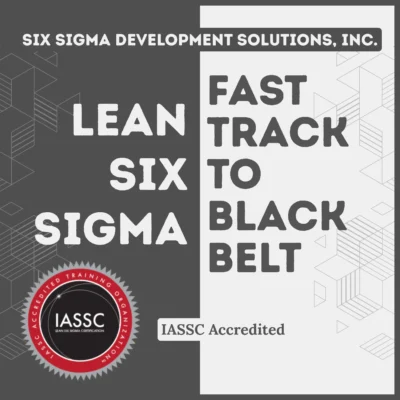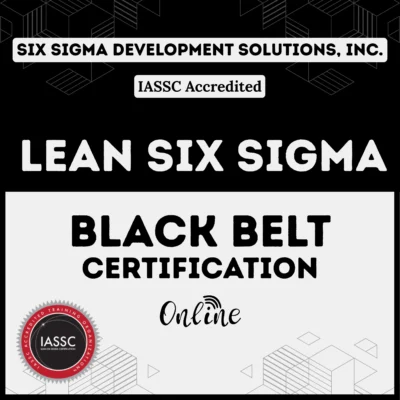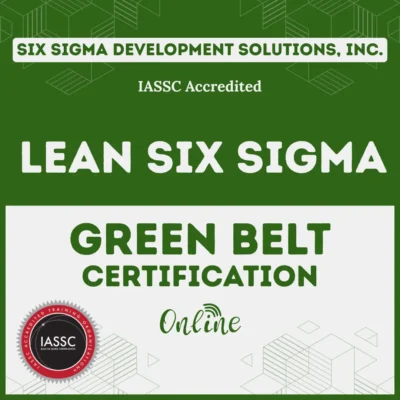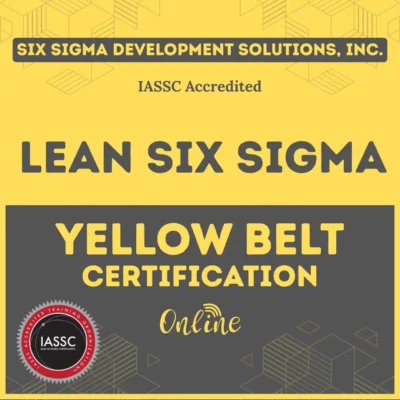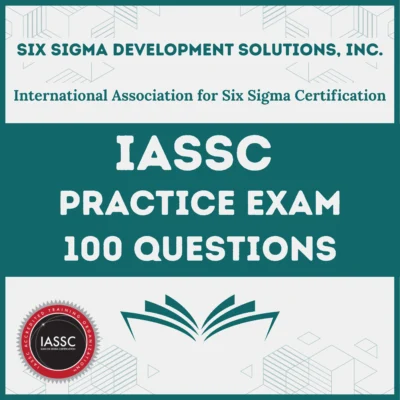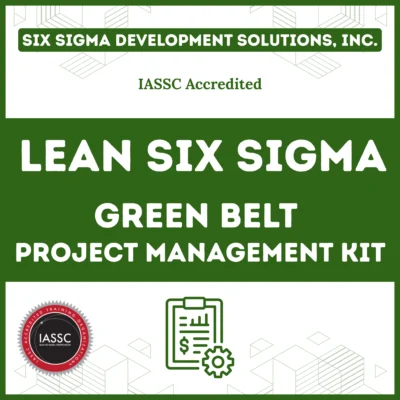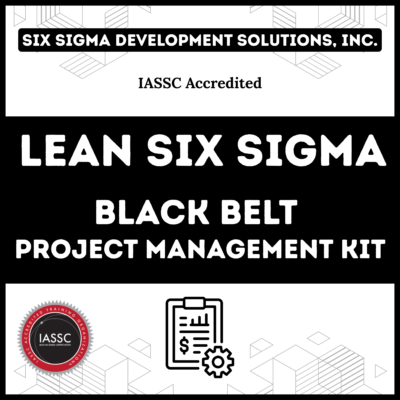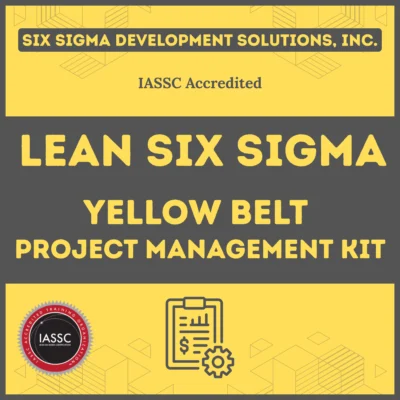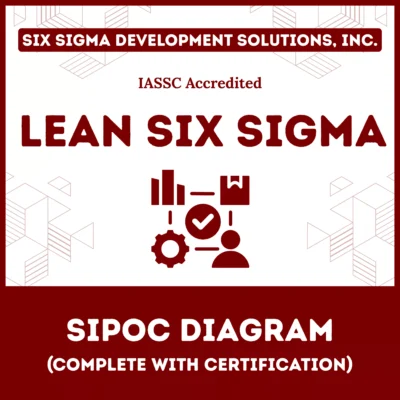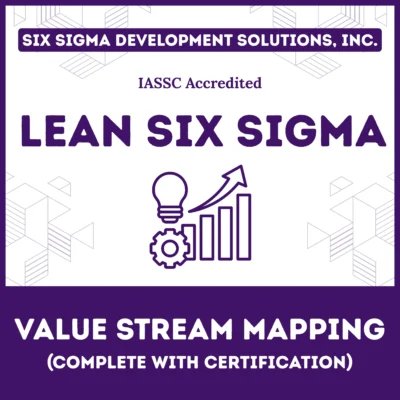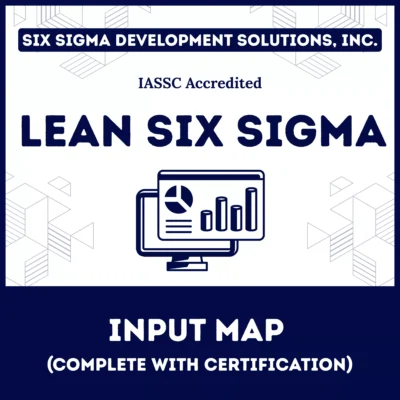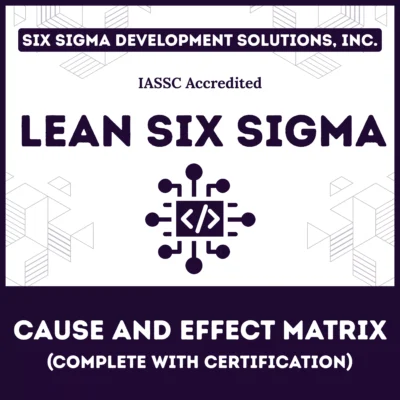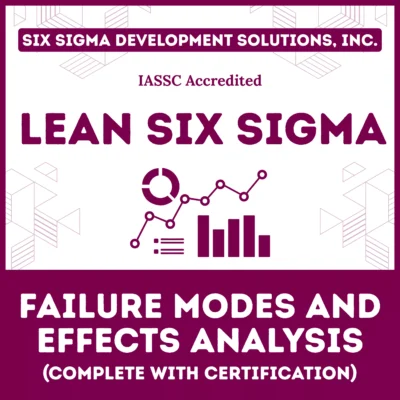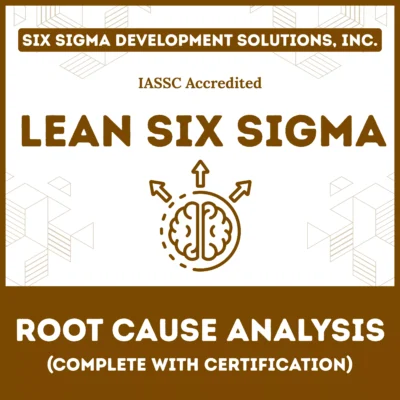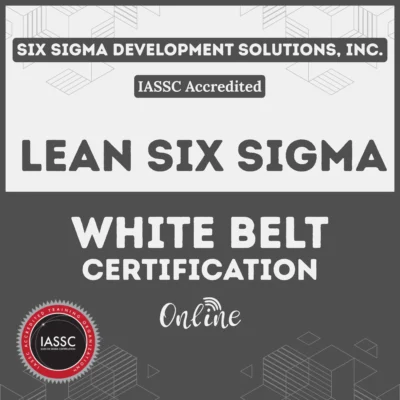Materials management represents a comprehensive approach to planning, organizing, and controlling the flow of materials throughout an organization’s supply chain. This systematic process encompasses everything from procurement and inventory control to storage, distribution, and disposal of materials across various industries.
At its core, materials management involves the strategic coordination of material resources to ensure optimal availability, quality, and cost-effectiveness. Organizations implement materials management systems to streamline operations, reduce waste, and maintain competitive advantages in today’s dynamic business environment.
The scope of materials management extends far beyond simple inventory tracking. Instead, it integrates multiple functions including purchasing, warehousing, quality control, and logistics coordination. Furthermore, modern materials management incorporates sustainable practices and environmental considerations to create responsible resource utilization strategies.
Table of contents
What is Materials Management?
Materials management is the strategic process of planning, acquiring, storing, moving, and controlling materials—such as raw materials, supplies, equipment, and finished goods—throughout their lifecycle in an organization. The goal is to ensure the right materials are available at the right time, in the right quantity and quality, and at the lowest possible cost.
This discipline is vital in industries like manufacturing, logistics, and especially healthcare, where timely access to materials can directly impact service quality and operational efficiency.
Public, Onsite, Virtual, and Online Six Sigma Certification Training!
- We are accredited by the IASSC.
- Live Public Training at 52 Sites.
- Live Virtual Training.
- Onsite Training (at your organization).
- Interactive Online (self-paced) training,
Why is Materials Management Important?

- Ensures Uninterrupted Operations: By providing essential materials when and where needed, materials management prevents production delays and service interruptions.
- Reduces Costs: Effective materials management controls inventory levels, reduces waste, and minimizes unnecessary expenditures.
- Improves Quality and Compliance: Ensures materials meet required standards, supporting regulatory compliance and high-quality outcomes.
- Enhances Efficiency: Streamlines procurement, storage, and distribution processes, saving time and resources.
Key Objectives
- Cost Control: Minimize material costs through efficient purchasing, storage, and usage.
- Continuous Supply: Maintain uninterrupted availability of materials to support operations.
- Quality Assurance: Ensure all materials meet required specifications and standards.
- Vendor Relationships: Foster strong, reliable partnerships with suppliers for better pricing and service.
- Inventory Optimization: Balance stock levels to avoid shortages and overstocking.
- Waste Reduction: Minimize losses, pilferage, and obsolescence through careful management
The Materials Management Process

Planning and Forecasting
The materials management process begins with comprehensive planning and demand forecasting. Materials managers analyze historical data, market trends, and production requirements to predict future material needs accurately. This proactive approach prevents stockouts while minimizing excess inventory costs.
Effective planning involves collaboration between departments, ensuring that procurement schedules align with production timelines and customer demands. Additionally, contingency planning addresses potential supply chain disruptions and maintains business continuity.
Procurement and Sourcing
Strategic sourcing forms the backbone of effective materials management. This phase involves identifying reliable suppliers, negotiating favorable contracts, and establishing quality standards. Materials managers evaluate supplier performance, delivery reliability, and cost competitiveness to build robust supply networks.
Moreover, procurement strategies increasingly emphasize supplier diversity and sustainable sourcing practices. Organizations recognize that responsible procurement decisions contribute to long-term business sustainability and stakeholder value creation.
Inventory Management and Control
Inventory management represents a critical component where materials management systems demonstrate their value. Advanced inventory control techniques, including just-in-time (JIT) delivery and economic order quantity (EOQ) calculations, optimize stock levels and reduce carrying costs.
Real-time inventory tracking through automated systems provides visibility into stock movements, consumption patterns, and reorder requirements. Consequently, organizations achieve better demand fulfillment while minimizing working capital tied up in inventory.
Storage and Warehousing
Efficient storage solutions maximize space utilization while ensuring material quality and accessibility. Materials management involves designing warehouse layouts, implementing storage protocols, and maintaining optimal environmental conditions for different material types.
Furthermore, modern warehousing incorporates technology solutions such as warehouse management systems (WMS) and automated storage and retrieval systems (ASRS) to enhance operational efficiency and accuracy.
Also Read: What is E-waste Management?
Materials Management in Healthcare Settings
Hospital Materials Management Systems
Healthcare organizations face unique challenges in materials management due to strict regulatory requirements, patient safety considerations, and cost pressures. Hospital materials management encompasses medical supplies, pharmaceuticals, equipment, and support services.
Materials management in healthcare settings requires specialized expertise in medical product regulations, expiration date tracking, and sterile storage requirements. Additionally, healthcare materials managers must balance cost containment with quality assurance and patient safety priorities.
Managing Critical Medical Resources
Hospital material management systems prioritize critical care supplies, emergency preparedness, and patient care continuity. These systems integrate with clinical workflows to ensure that medical professionals have access to necessary supplies when needed.
Furthermore, healthcare materials management involves coordinating with clinical departments to understand usage patterns, seasonal variations, and emerging medical technology requirements. This collaboration ensures that materials management supports optimal patient outcomes while controlling costs.
Regulatory Compliance and Quality Assurance
Healthcare materials management must comply with stringent regulatory standards, including FDA requirements, Joint Commission standards, and healthcare facility accreditation criteria. Materials managers implement tracking systems, documentation protocols, and quality control measures to maintain compliance.
Additionally, materials management in healthcare involves managing recalls, lot tracking, and adverse event reporting to protect patient safety and maintain regulatory compliance.
Materials Management Systems and Technology
Enterprise Resource Planning (ERP) Integration
Material management in ERP systems provides integrated solutions that connect materials management with financial management, production planning, and customer relationship management. These comprehensive systems enable real-time decision-making and cross-functional collaboration.
ERP-based materials management offers advantages including automated procurement workflows, integrated supplier management, and comprehensive reporting capabilities. Organizations benefit from improved visibility, reduced manual processes, and enhanced control over material resources.
Advanced Analytics and Artificial Intelligence
Modern materials management systems leverage artificial intelligence and machine learning algorithms to optimize procurement decisions, predict demand patterns, and identify cost-saving opportunities. These technologies enable proactive materials management rather than reactive approaches.
Predictive analytics help materials managers anticipate supply chain disruptions, optimize inventory levels, and improve supplier performance. Consequently, organizations achieve better operational efficiency and reduced total cost of ownership.
Internet of Things (IoT) and Smart Sensors
IoT technology revolutionizes materials management through real-time monitoring, automated inventory tracking, and predictive maintenance capabilities. Smart sensors provide continuous visibility into material conditions, location tracking, and usage patterns.
Furthermore, IoT-enabled materials management systems support preventive maintenance schedules, quality monitoring, and automated reordering processes. This technology-driven approach reduces manual intervention while improving accuracy and efficiency.
Also Read: What is Green Supply Chain Management?
Sustainable Materials Management

Environmental Considerations
Sustainable materials management addresses environmental impact through responsible sourcing, waste reduction, and circular economy principles. Organizations implement environmental materials strategies to minimize ecological footprint while maintaining operational efficiency.
Sustainable materials for products include recycled content, renewable resources, and biodegradable alternatives. Materials managers evaluate environmental impacts throughout the product lifecycle, from raw material extraction to end-of-life disposal.
Circular Economy Integration
Materials management increasingly incorporates circular economy principles, emphasizing material reuse, recycling, and regeneration. This approach reduces waste generation while creating economic value from previously discarded materials.
Additionally, sustainable materials management involves collaboration with suppliers to develop environmentally responsible products and packaging solutions. Organizations recognize that sustainable practices create competitive advantages and stakeholder value.
Green Supply Chain Management
Sustainable environmental management extends throughout the supply chain, encompassing supplier environmental practices, transportation optimization, and packaging reduction. Materials managers evaluate suppliers based on environmental performance alongside traditional criteria such as cost and quality.
Furthermore, green supply chain initiatives include carbon footprint reduction, renewable energy utilization, and waste minimization strategies. These efforts contribute to organizational sustainability goals while potentially reducing operational costs.
The Role of a Materials Manager
Key Responsibilities and Functions
A materials manager oversees the entire materials management function, ensuring efficient resource utilization and cost optimization. What does a materials manager do involves strategic planning, supplier relationship management, inventory optimization, and team leadership.
Materials managers coordinate between departments, analyze performance metrics, and implement process improvements. They also manage budgets, negotiate contracts, and ensure compliance with organizational policies and regulatory requirements.
Essential Skills and Qualifications
Effective materials managers possess analytical skills, supply chain expertise, and strong communication abilities. They understand market dynamics, technology trends, and industry best practices relevant to their organization’s materials management needs.
Additionally, materials managers must demonstrate leadership capabilities, problem-solving skills, and adaptability to changing business requirements. Continuous learning and professional development ensure they stay current with evolving materials management practices and technologies.
Career Development and Growth Opportunities
Materials management offers diverse career paths, including supply chain management, procurement specialization, and operations leadership. Professionals can advance through specialized certifications, advanced education, and cross-functional experience.
Furthermore, the growing importance of materials management creates opportunities for career advancement and increased responsibility. Organizations recognize materials management as a strategic function that contributes significantly to competitive advantage and operational excellence.
Benefits of Effective Materials Management
Cost Reduction and Efficiency Gains
Well-implemented materials management systems deliver substantial cost savings through optimized procurement, reduced inventory carrying costs, and improved operational efficiency. Organizations typically experience 10-30% cost reductions through effective materials management practices.
Additionally, materials management eliminates waste, reduces emergency procurement costs, and optimizes resource allocation. These efficiency gains translate directly to improved profitability and competitive positioning.
Quality Improvement and Risk Mitigation
Materials management systems enhance product quality through supplier quality programs, incoming inspection processes, and continuous improvement initiatives. Consistent material quality supports customer satisfaction and brand reputation.
Furthermore, materials management reduces supply chain risks through diversified supplier bases, contingency planning, and proactive monitoring. This risk mitigation approach ensures business continuity and customer service reliability.
Enhanced Customer Service and Satisfaction
Effective materials management supports superior customer service through improved product availability, shorter lead times, and consistent quality delivery. Organizations with robust materials management systems achieve higher customer satisfaction scores and retention rates.
Moreover, materials management enables flexible response to customer requirements, customization capabilities, and rapid market introduction of new products. These capabilities create competitive advantages and market leadership opportunities.
Also Read: What is Supplier Quality Management?
Industry-Specific Applications
Manufacturing and Production
Materials management in manufacturing environments focuses on production scheduling, work-in-process inventory optimization, and supplier integration. Just-in-time delivery systems and lean manufacturing principles drive materials management strategies in production settings.
Manufacturing materials management also involves coordinating with engineering departments for new product introductions, managing product lifecycle changes, and optimizing material specifications for cost and performance.
Retail and Distribution
Retail materials management emphasizes demand forecasting, seasonal planning, and distribution optimization. Retailers implement sophisticated inventory management systems to balance product availability with inventory investment across multiple locations.
Additionally, retail materials management involves category management, supplier negotiations, and private label development. These activities require close collaboration with merchandising teams and marketing departments.
Construction and Project Management
Construction materials management addresses project-specific requirements, site logistics, and regulatory compliance. Materials managers coordinate delivery schedules, manage material specifications, and ensure quality control throughout construction projects.
Furthermore, construction materials management involves managing material waste, coordinating with subcontractors, and adapting to project changes and modifications. These challenges require flexible and responsive materials management approaches.
Future Trends in Materials Management
Digital Transformation and Automation
Digital transformation continues reshaping materials management through automation, artificial intelligence, and advanced analytics. Organizations invest in digital technologies to improve efficiency, reduce costs, and enhance decision-making capabilities.
Automation technologies, including robotic process automation (RPA) and autonomous vehicles, streamline materials handling and reduce manual intervention. These technological advances enable materials managers to focus on strategic activities rather than routine operational tasks.
Sustainability and Circular Economy
Growing environmental awareness drives demand for sustainable materials management practices and circular economy integration. Organizations increasingly prioritize environmental considerations alongside traditional cost and quality criteria.
Furthermore, regulatory requirements and stakeholder expectations accelerate adoption of sustainable materials management practices. Companies that proactively address sustainability concerns achieve competitive advantages and stakeholder support.
Supply Chain Resilience and Risk Management
Recent global events highlight the importance of supply chain resilience and risk management in materials management. Organizations invest in supply chain diversification, nearshoring strategies, and risk monitoring systems.
Additionally, materials management increasingly emphasizes scenario planning, contingency preparedness, and adaptive strategies to address supply chain disruptions. These resilience-building efforts ensure business continuity and customer service reliability.
Implementing Effective Materials Management Systems
Assessment and Planning
Successful materials management implementation begins with comprehensive assessment of current practices, identification of improvement opportunities, and development of implementation plans. Organizations should evaluate existing systems, processes, and organizational capabilities.
Planning phases include stakeholder engagement, resource allocation, and timeline development. Additionally, change management considerations ensure smooth transition and user adoption of new materials management systems and processes.
Technology Selection and Integration
Selecting appropriate materials management systems requires careful evaluation of organizational requirements, system capabilities, and integration considerations. Organizations should consider scalability, flexibility, and total cost of ownership when making technology decisions.
Furthermore, successful implementation involves data migration, system integration, and user training. Organizations that invest adequately in implementation activities achieve better results and faster return on investment.
Performance Measurement and Continuous Improvement
Effective materials management requires ongoing performance measurement, analysis, and improvement. Key performance indicators (KPIs) should align with organizational objectives and provide actionable insights for decision-making.
Continuous improvement initiatives involve regular process reviews, benchmarking activities, and best practice adoption. Organizations that embrace continuous improvement maintain competitive advantages and adapt successfully to changing business requirements.
Frequently Asked Questions (FAQs)
What is materials management?
Materials management is the systematic planning, organizing, and controlling of material flow throughout an organization’s supply chain, encompassing procurement, inventory management, storage, and distribution activities.
What does a materials manager do?
A materials manager oversees procurement activities, manages supplier relationships, optimizes inventory levels, coordinates logistics operations, and ensures efficient material resource utilization while controlling costs and maintaining quality standards.
How does materials management benefit healthcare organizations?
Healthcare materials management ensures critical medical supplies availability, maintains regulatory compliance, controls costs, supports patient safety, and optimizes resource allocation across clinical departments and service areas.
What technologies are used in modern materials management systems?
Modern materials management systems utilize ERP software, artificial intelligence, IoT sensors, automated inventory tracking, predictive analytics, and warehouse management systems to optimize operations and decision-making.
How does sustainable materials management work?
Sustainable materials management incorporates environmental considerations, circular economy principles, responsible sourcing practices, waste reduction strategies, and green supply chain management to minimize ecological impact while maintaining operational efficiency.
What industries benefit most from materials management systems?
Healthcare, manufacturing, retail, construction, aerospace, automotive, and food service industries benefit significantly from materials management systems due to complex supply chains, regulatory requirements, and cost optimization needs.




